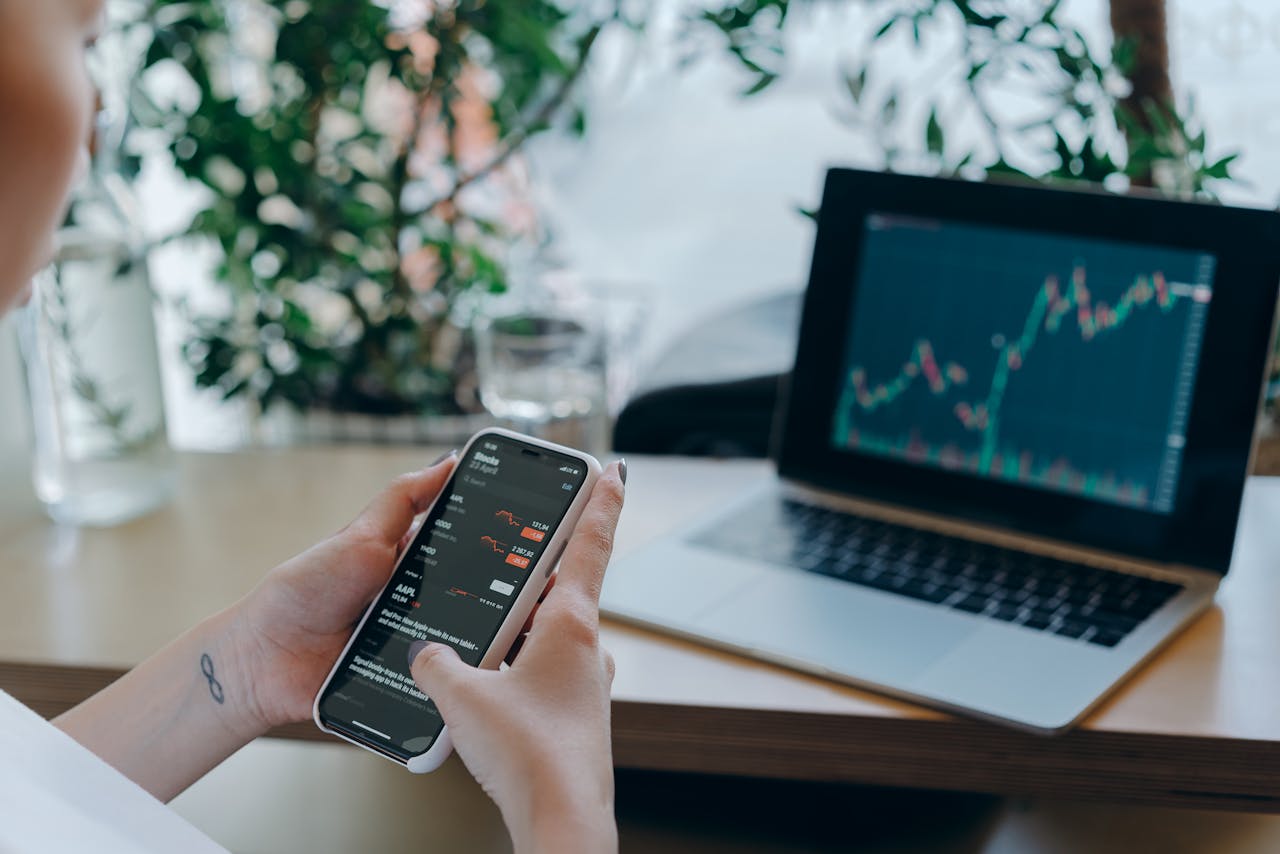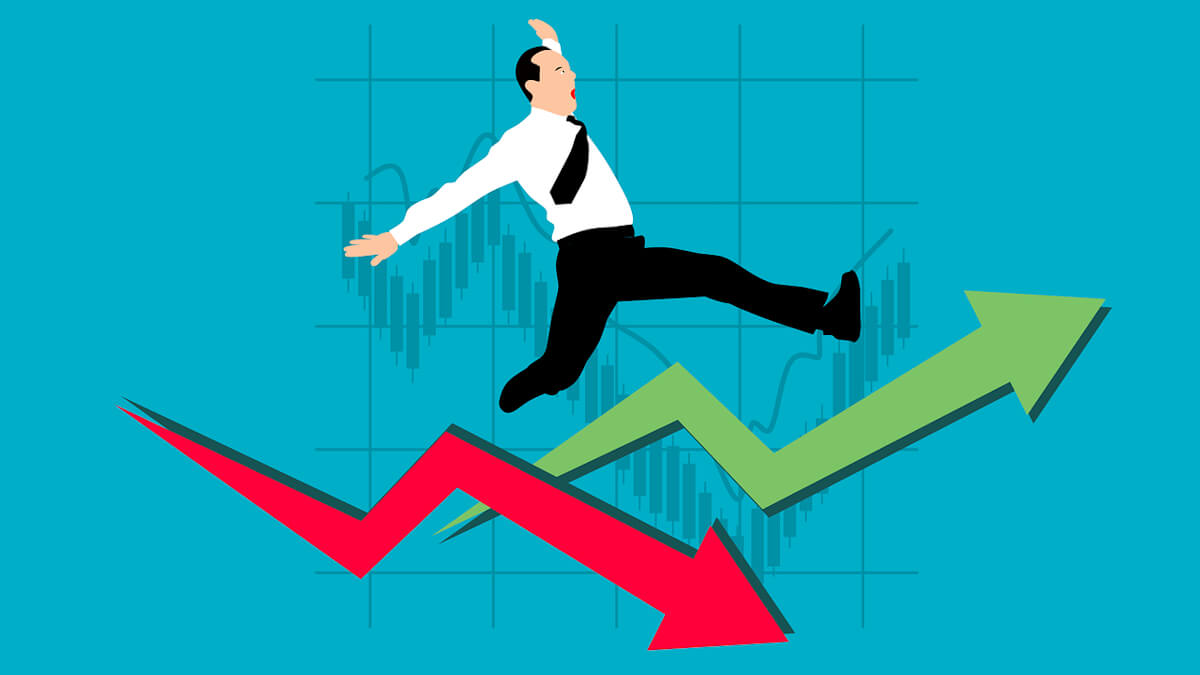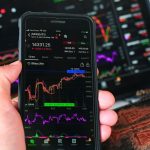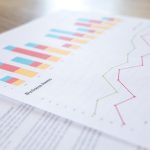A Forex Guide for Beginners
Forex trading is a profitable financial investment for both novice and expert traders alike. Due to its potential for high profits, forex trading has attracted many players. Furthermore, forex is the largest and most liquid financial market in the world.
However, forex trading can be daunting for a beginner. To get started, you might find it helpful to explore a Forex 101 guide that covers the basics and provides a strong foundation for trading success.
If you’re exploring forex trading for beginners, it’s essential to understand a few basic concepts before diving in.
What is Foreign Exchange?
Foreign exchange is the conversion of a country’s currency to another country’s currency. Foreign exchange is also referred to as the forex market or FX market. It is the global marketplace where traders exchange national currencies. The exchange consists of a network of sellers and buyers who exchange currencies at an agreed price.
The forex market is so large because it is a worldwide reach of commerce, trade, and finance. The foreign exchange market enables buying and selling of goods and services across borders.
Because of the large amounts of currencies converted daily, the price movements of the currencies can become highly volatile. The majority of forex traders seek to take advantage of these price movements and make a profit. Understanding the best time to buy dollars or other currencies can be crucial for maximizing gains in such a dynamic market.
Where can you Trade Forex?
Forex trading takes place in a forex exchange market. However, unlike stocks or commodities, forex is not traded on a centralized market. Forex exchange takes place in an over-the-counter market (OTC) directly between the buyer and the seller.
A global network of commercial and investment banks runs the forex market. These banks are spread in different time zones and across major forex trading centers. Since there are no central exchanges, traders can buy and sell currencies 24 hours a day.
There are three types of forex markets:
1. Spot Forex Market
The spot forex market is the physical exchange of two currencies, and it takes place immediately after the trade is settled. It is referred to as the spot market because it takes place quickly, i.e., on the spot. The price of a spot forex market is known as a spot rate.
2. Forward Forex Market
A forward forex market is an agreement to buy or sell a specific amount of currency at a set price to be settled at a future date. A forward contract is not legally binding. However, traders can settle a forward contract within a range of future dates. The price of a forward forex market is known as a forward rate.
3. Future Forex Market
A future forex market is a contract to exchange a set amount of a specific currency at an agreed date and price in the future. The only difference between forwards and futures is that futures are legally binding.
Who are the Forex Market Players?
Because of its huge size, the forex market attracts a lot of players who seek to benefit in one way or the other. The major forex market players include:
1. Commercial and Investment Banks
The role of commercial and investment banks is critical in forex exchange. The main reason banks take part in forex exchange is to neutralize foreign exchange risks of their clients and that of their own. In addition, banks seek to increase the wealth of their shareholders.
2. Central Banks
Central banks have the predominant monetary authority in every nation, and they are under the government’s authority. Central banks facilitate the government’s monetary policies by making strategies to stabilize the value of their currencies. Central banks control the value of a currency by controlling its supply.
3. Business and Corporations
Businesses and corporations that trade in the forex market have no power to set currency prices. Most businesses buy and sell currencies at the prevailing exchange rate. However, such businesses and corporations make up a significant portion of the total volume traded. Most of these businesses participate in the forex exchange to buy and sell commodities across national borders.
4. Fund and Hedge Managers
Fund and hedge managers are basically national and transnational money managers. They, therefore, don’t play any role in determining or controlling the price of currencies. Fund managers are responsible to their investors; thus, their central role is to grow their portfolios and make profits.
5. Online Trading Platforms
Online platforms are critical impersonal parts of forex trading because they are the direct access points to the forex market. The platforms perform the task of customer and order matching. Since individuals cannot directly access the forex market, online platforms enable them to trade forex through the internet.
Conclusion
The forex market has become attractive to many traders and investors due to its potential for high profits. In addition, forex trading is simple and easy to get in, even for a beginner. However, forex is a high-risk investment, and every beginner should learn it before they start trading.
Before you dive in, consider exploring a forex guide for beginners to build a strong foundation in forex trading. With the right knowledge and approach, you can start trading forex and capitalize on this highly dynamic market.
What is forex trading and how does it work?
Forex trading involves buying one currency and selling another. It can be compared to exchanging dollars for euros when traveling. Traders do this to make a profit by predicting how currency values will change. This is all done online through platforms where people trade currency pairs, such as EUR/USD.
Can you give a forex trading example?
Let’s say you believe the value of the Euro (EUR) will rise compared to the US Dollar (USD). You buy the EUR/USD pair at 1.1000. If the price rises to 1.1050, you can sell it for a profit of 50 pips. Each pip has a monetary value depending on your trade size, so the higher your investment, the greater your potential profit (or loss).
How can a beginner learn forex?
For beginners, the best approach to learning forex includes:
1. Studying the fundamentals: Learn key terms like currency pairs, pips, and leverage.
2. Using a demo account: Practice trading with virtual money to understand the market without financial risk.
3. Taking online courses: Enroll in reputable forex training programs or watch instructional videos.
4. Following market news: Stay updated on global events and economic indicators that influence currency prices.
Mastering forex requires consistent learning and practice.
Is $100 enough to start forex?
Yes, $100 can be enough to start forex trading, especially if your broker supports micro or nano lot trading. With these smaller trade sizes, you can minimize risks while gaining hands-on experience. While your potential profits will be modest, this amount allows you to build a foundation in forex trading.
However, it’s crucial to practice on a demo account first. This will help you understand how forex trading works without risking real money. Only move to live trading once you feel confident in your skills and knowledge.
How can beginners trade forex on a mobile phone?
Trading forex on mobile is convenient for beginners. Follow these steps:
Download a trading app: Platforms like MetaTrader 4 or MetaTrader 5 are industry standards.
1. Open an account: Sign up with a reputable broker and link your account to the app.
2. Use a demo account: Start by practicing trades and exploring the platform’s features.
3. Analyze markets: Utilize the app’s charts and tools to evaluate currency pairs.
4. Start trading live: Once confident, begin trading small amounts with real money, monitoring trades on your phone.














